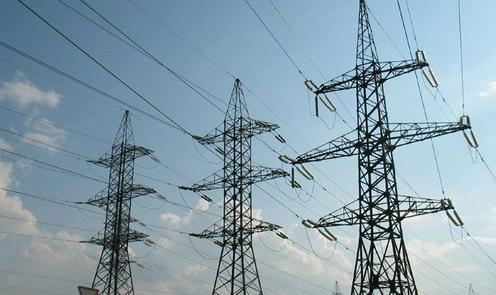The World Bank’s Executive Board has approved a $100 million concessional loan to Uzbekistan for the modernization of its electricity distribution network. The funds will be used to construct new power lines and install smart meters, according to a press release by the international financial institution.
This marks the first time the World Bank is using its “Program-for-Results” financing instrument in Uzbekistan—a tool typically reserved for the most critical public initiatives worldwide. The state joint-stock company Regional Electric Networks (RES) will contribute an additional $50 million, bringing the total investment in the project to $150 million.
Uzbekistan’s energy system is grappling with serious issues. As of last year, technical losses in electricity distribution reached 13 percent, primarily due to outdated and overloaded infrastructure—more than half of the equipment has been in use for over 30 years. The sector is also suffering from financial losses, including unpaid customer debts, making it unprofitable.
The country aims to generate 25 gigawatts from renewable energy sources by 2030. However, without urgently modernizing the distribution network, this goal will remain out of reach.
Tatiana Proskuryakova, the World Bank’s Regional Director for Central Asia, stated that the loan will help Uzbekistan implement part of its infrastructure modernization program through 2030.
“The total investment needed under the national program is estimated at around $3 billion. We hope other international partners and private investors will follow our lead and support RES’s efforts to develop the energy sector,” Proskuryakova said.
Key components of the program include:
✅ Construction and modernization of 6,000 km of low-voltage power lines
✅ Replacement and installation of 1,200 distribution transformers
✅ Installation of 1,500 smart meters to reduce commercial losses
✅ Deployment of 4,000 data concentrators to automate and digitize the distribution network
Part of the funding will also go toward developing a new network planning methodology and procedures for connecting renewable energy producers, improving RES’s financial performance through better planning, and upgrading management systems, including accounting practices.
According to the World Bank, the project aims to achieve the following by 2029:
👉 Raise customer satisfaction with RES services to 90 percent
👉 Increase network capacity to accommodate up to 50 MW of electricity generated by SMEs and households
👉 Cut annual greenhouse gas emissions by 450,000 metric tons of CO₂
👉 Raise the share of women in technical and managerial positions at RES from 9 percent to 14 percent










